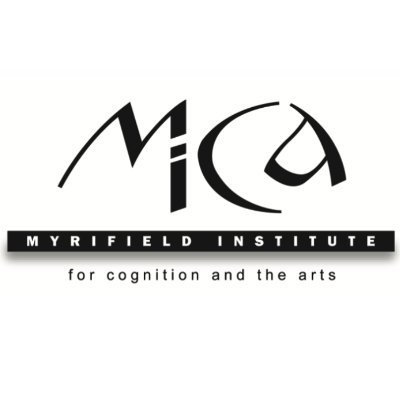
Last paper:
Grazia Pulvirenti, Renata Gambino, Neurohermeneutics. A Transdisciplinary Approach to Literature
- Peer review
- Submit a paper
- Suggest a paper
- Contact us
- Partner program
Mark Johnson, Tim Rohrer,
We Are Live Creatures: Embodiment, American Pragmatism, and the Cognitive Organism
 Year: 2009
Year: 2009Topics: Cognition; Metaphor;
DOWNLOAD PAPER
Download size: 261.2 KB
The philosophical tradition mistakenly asks how the inside (i.e. thoughts, ideas, concepts) can represent the outside (i.e., the world). This trap is a consequence of the view that mind and body must be two ontologically different entities. On this view the problem of meaning is to explain how disembodied “internal” ideas can represent “external” physical objects and events. Several centuries have shown that given a radical mind-body dichotomy, there is no way to bridge the gap between the inner and the outer. When “mind” and “body” are regarded as two fundamentally different kinds, no third mediating thing can exist that possesses both the metaphysical character of inner, mental things and simultaneously possesses the character of the outer, physical things. Embodied Realism, in contrast to Representationalist theories, rejects the notion that mind and body are two ontologically distinct kinds, and it therefore rejects the attendant view that cognition and language are based on symbolic representations inside the mind of an organism that refer to some physical thing in an outside world. Instead, the terms “body” and “mind” are simply convenient shorthand ways of identifying aspects of ongoing organism-environment interactions—and so cognition and language must be understood as arising from organic processes. We trace the rejection of this mind-body dualism from the philosopher- psychologists known as the early American pragmatists (James and Dewey) forward through recent cognitive science (such as Varela, Maturana, Edelman, Hutchins, Lakoff, Johnson, Brooks). We argue that embodied realism requires a radical reevaluation of the classical dualistic metaphysics and epistemology—especially the classical Representationalist theory of mind—and we conclude by investigating the implications for future investigations for a new, pragmatically-centered cognitive science.
Keywords: Image schema, metaphor, representationalism, neurobiology, cognitive l
Project
The Neuro Humanities Studies Network aims at creating a multidisciplinary research community in order to develop and structure a linking platform for neuro-scientific, cognitive topics and humanities.
Click on each keyword to show papers related with it.









